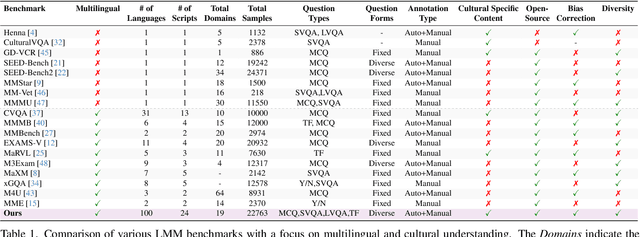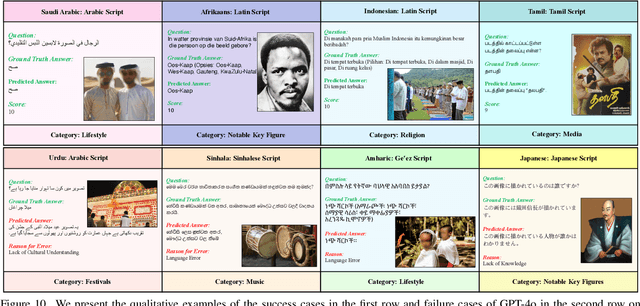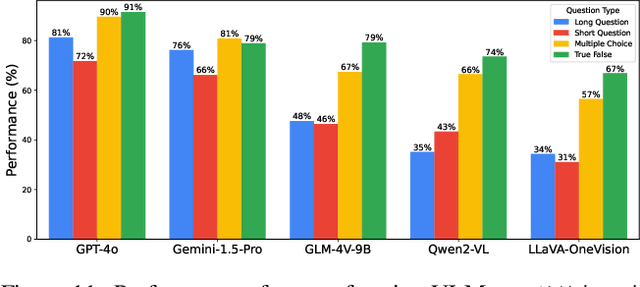Sebastian Cavada
CAD-Assistant: Tool-Augmented VLLMs as Generic CAD Task Solvers?
Dec 18, 2024Abstract:We propose CAD-Assistant, a general-purpose CAD agent for AI-assisted design. Our approach is based on a powerful Vision and Large Language Model (VLLM) as a planner and a tool-augmentation paradigm using CAD-specific modules. CAD-Assistant addresses multimodal user queries by generating actions that are iteratively executed on a Python interpreter equipped with the FreeCAD software, accessed via its Python API. Our framework is able to assess the impact of generated CAD commands on geometry and adapts subsequent actions based on the evolving state of the CAD design. We consider a wide range of CAD-specific tools including Python libraries, modules of the FreeCAD Python API, helpful routines, rendering functions and other specialized modules. We evaluate our method on multiple CAD benchmarks and qualitatively demonstrate the potential of tool-augmented VLLMs as generic CAD task solvers across diverse CAD workflows.
All Languages Matter: Evaluating LMMs on Culturally Diverse 100 Languages
Nov 25, 2024



Abstract:Existing Large Multimodal Models (LMMs) generally focus on only a few regions and languages. As LMMs continue to improve, it is increasingly important to ensure they understand cultural contexts, respect local sensitivities, and support low-resource languages, all while effectively integrating corresponding visual cues. In pursuit of culturally diverse global multimodal models, our proposed All Languages Matter Benchmark (ALM-bench) represents the largest and most comprehensive effort to date for evaluating LMMs across 100 languages. ALM-bench challenges existing models by testing their ability to understand and reason about culturally diverse images paired with text in various languages, including many low-resource languages traditionally underrepresented in LMM research. The benchmark offers a robust and nuanced evaluation framework featuring various question formats, including true/false, multiple choice, and open-ended questions, which are further divided into short and long-answer categories. ALM-bench design ensures a comprehensive assessment of a model's ability to handle varied levels of difficulty in visual and linguistic reasoning. To capture the rich tapestry of global cultures, ALM-bench carefully curates content from 13 distinct cultural aspects, ranging from traditions and rituals to famous personalities and celebrations. Through this, ALM-bench not only provides a rigorous testing ground for state-of-the-art open and closed-source LMMs but also highlights the importance of cultural and linguistic inclusivity, encouraging the development of models that can serve diverse global populations effectively. Our benchmark is publicly available.
 Add to Chrome
Add to Chrome Add to Firefox
Add to Firefox Add to Edge
Add to Edge